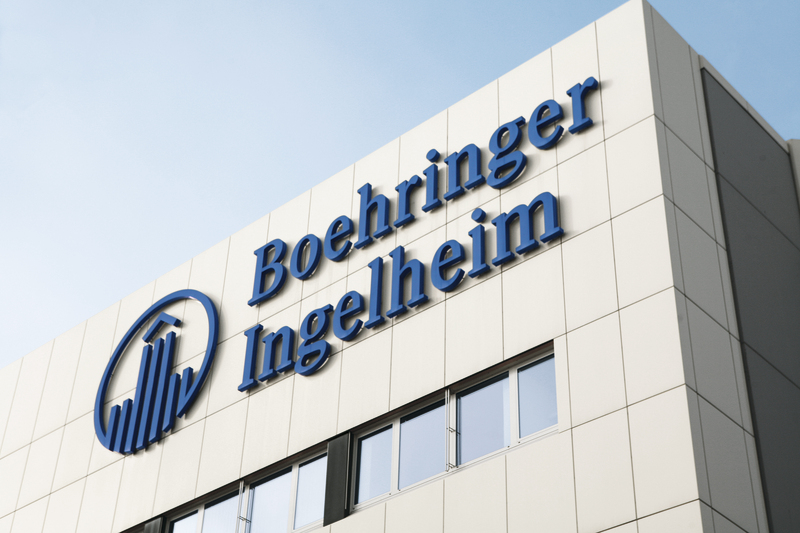Boehringer buys Abexxa, bolstering its immuno-oncology pipeline

Boehringer Ingelheim has agreed to buy US biotech Abexxa Biologics, its second acquisition in the cancer immunotherapy area in the space of a year.
Texas-based Abexxa has been on the Boehringer's radar since it was set up, as it provided seed funding for the preclinical-stage company in 2016, buying into its approach of developing antibodies against targets inside cancer cells, rather than on the cell membrane.
That enlarges the pool of potential cancer antigen targets, according to Boehringer, and could lead to the development of cancer immunotherapies that are effective in a broader range of patients and cancer types.
Abexxa's platform has grown out of research conducted at the University of Texas at Arlington, and focuses on antibodies directed at intracellular targets on antigens that are presented on the surface of cells by human leukocyte antigen (HLA) molecules.
Its lead project is a T-cell receptor (TCR)-like antibody against an HLA molecule associated with intracellular protein NKG2A, an immune checkpoint. Inhibiting NKG2A is thought to restore the activity of natural killer cells and T cells against cancer.
The privately-held German pharma company hasn't disclosed how much it will pay for Abexxa, although it did reveal that the deal includes upfront, milestone and other payments.
Abexxa will form part of its broader push into immuno-oncology, focused on cancer vaccines, oncolytic viruses and T-cell engagers, amongst other treatment strategies.
Last December, Boehringer paid €1.8 billion to take control of Swiss biotech NBE-Therapeutics, an antibody-drug conjugate specialist with a lead candidate for triple-negative breast cancer and lung adenocarcinoma in phase 1 testing.
That deal followed the acquisition of Northern Biologics and its preclinical-stage, anti-periostin antibody for solid tumours in May 2020, and the purchase of cancer vaccine biotech AMAL Therapeutics as well as oncology drug delivery specialist ICD Therapeutics in 2019.
Boehringer's activity in this area hasn't all been additive though. Earlier this year, it backed out of a $600 million alliance with CureVac focused on developed mRNA-based vaccines for cancer.












